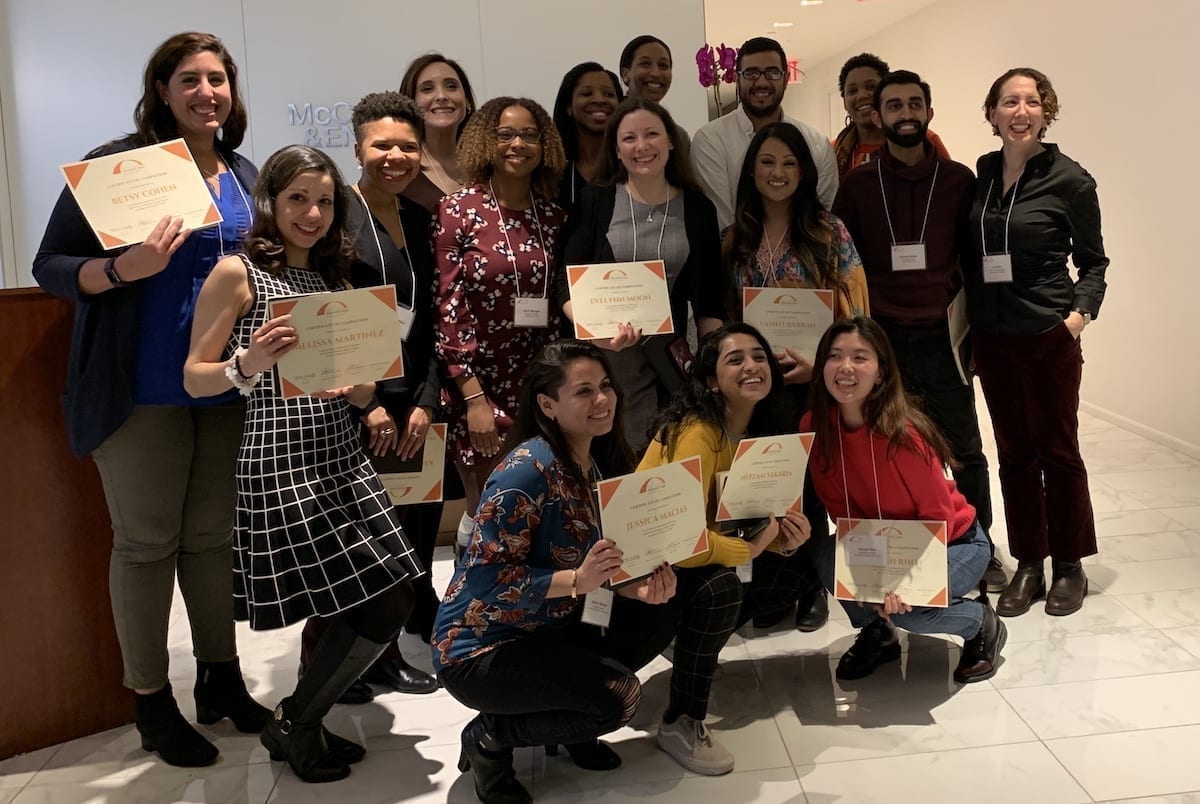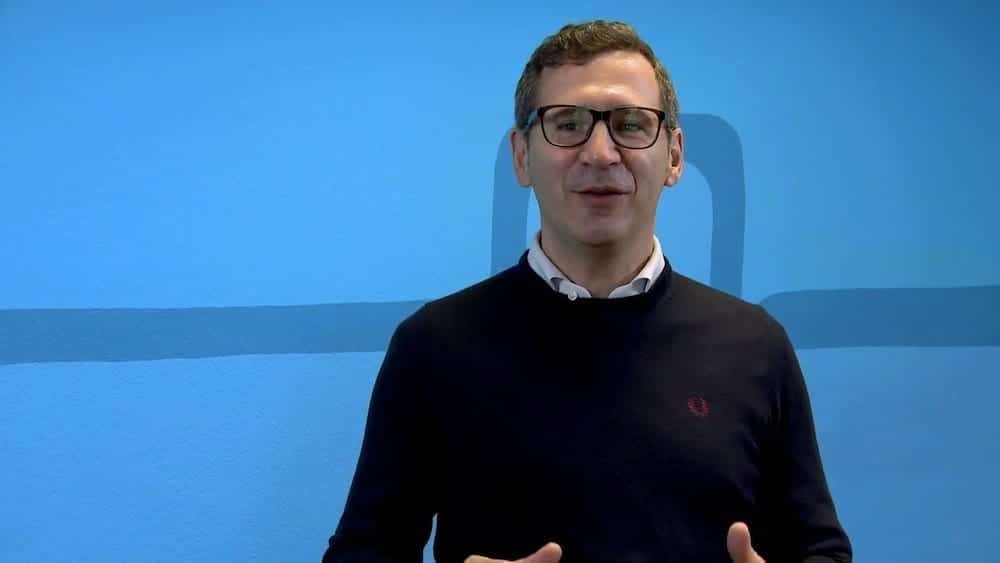In February I had the honor of celebrating the newest class of Emerging Leaders, a bright, committed group of social sector leaders who completed the nine-month program I facilitate on behalf of Princeton AlumniCorps.

At the end of our last class, each of the leaders gave brief talks to the group about what the program meant to them, including their thoughts about leadership and how they see themselves as leaders. Among the many heartfelt remarks, what was striking was the convergence of insights shared across the 16-person cohort.
There Is No One Prototype for Leadership
Many of the Emerging Leaders started the course believing that there was a prototype for being a leader. They imagined they had come to our program to learn—and to emulate— a model. Instead, they came away discovering that there is no one way to be a leader.
This doesn’t mean that research or information about leadership and management is not significant. Indeed, one of the most important things we explore in our course is investigating emotional intelligence as the foundation for great leadership. Daniel Goleman’s work makes it abundantly clear that if you want to be a great leader (and not just a good one) then you need to adopt the practice of building authentic relationships based on trust, and that begins with self-awareness.
The Power of Self-Awareness
Informed by emotional intelligence – as well as the Oracle at Delphi—being a leader starts with knowing yourself. Almost all of the leaders talked about the journey of self-discovery they took through the course. They started by building a greater awareness of their personality preferences and developing a more refined and neutral vocabulary for understanding our dispositions as well as the preferences of others. Some of these tendencies included introversion or extraversion, being planful or emergent, and using logic or values for decision-making.
When we can come to see that our personality preferences are not good or bad, but simply are the way we are built (or socialized, or both) then we start making more room to accept who we are. We learn to find ways to use our preferences as strengths and to also develop complementary parts of ourselves.
In addition, as leaders, we can exercise what Gay Hendricks calls our “zone of genius,” where we consistently have opportunities to use unique talents and strengths. It behooves us to be aware of our strengths as leaders and to practice exercising those strengths. It’s also more fun to lead from where we feel most like ourselves and act from a place of enjoyment and flow.
Accepting Ourselves
Finally— building upon the concept of self-awareness— self-acceptance was another big theme discussed by the Emerging Leaders. By becoming more aware of who we are, and the unique strengths we possess, it becomes tremendously empowering to accept and trust ourselves. If we understand that there are many different ways to lead, then by knowing ourselves, we can explore how being ourselves translates into our own, unique leadership.
When we learn to accept and trust ourselves, we practice listening to ourselves deeply— and to others equally deeply— to discern the best course of action to take. This can relate to steps we might take in our career path, or it might inform a difficult decision we face at work that doesn’t have an obvious or easy answer.
By celebrating this seventh year of Emerging Leaders in New York, I’ve had the unique opportunity to witness, and support, the growth of over 100 social sector leaders over the past seven years. These leaders are often at the intersection of personal growth as young adults and professional growth as nascent leaders in their organizations, and this inflection point is particularly interesting, and relevant, to me as a psychotherapist and executive coach.
While knowing and accepting yourself might sound different from becoming a leader, to me they are one and the same. To this end, I love the words of leadership consultant and author Kevin Cashman, who says “grow the whole person to grow the whole leader.” I couldn’t agree more.


